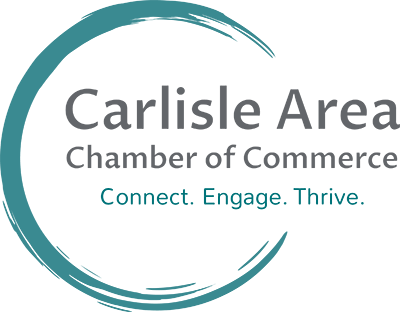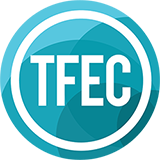On July 4, 2025, President Trump signed the One Big Beautiful Bill Act (OBBBA) into law. This comprehensive piece of legislation, spanning nearly 900 pages, impacts a broad range of public policies. Among its many provisions are several that will shape the future of charitable giving.
At The Foundation for Enhancing Communities (TFEC), we are closely reviewing new legislation that may impact charitable giving so that we can continue to assist our donors, fundholders, nonprofits and the professional advisors who support them. Here are three major takeaways that may affect your charitable planning.
Standard Deduction Increases and Charitable Limits Shift
The OBBBA makes permanent the standard deduction levels introduced under the Tax Cuts and Jobs Act of 2017. In 2025, the standard deduction rises to $15,750 for single filers and $31,500 for joint filers. Older taxpayers may also qualify for a “bonus” deduction through 2028.
At the same time, the new law limits the amount of a charitable gift that can be deducted. You may now only deduct charitable contributions that exceed 0.5% of your adjusted gross income. In addition, taxpayers in the top income bracket can deduct gifts at a maximum rate of 35 percent, instead of their 37 percent income tax rate. On a positive note, the 60 percent AGI limit for cash gifts to specific charities is still in place.
What does this mean for you?
These changes could continue the trend of fewer households itemizing their deductions, potentially leading to a reduction in charitable giving.
What can you do?
Keep giving. Philanthropy is driven by more than tax savings. Our community relies on the generosity of people like you.
A New Deduction for Non-Itemizers
Starting in 2026, taxpayers who do not itemize can take a charitable deduction, up to $1,000 for individuals and $2,000 for joint filers. Gifts to donor-advised funds do not qualify for this deduction. However, unlike similar provisions in the past, this one is not scheduled to expire.
What does this mean for you?
Fewer than 10 percent of households currently itemize deductions. At the same time, fewer people are giving. This new deduction has the potential to encourage more families to give again, even if they do not itemize their deductions.
What can you do?
If you are beginning your giving journey, this is a great time to start planning how you will support the causes you care about. If you already work with TFEC, reach out to learn how we can help you adapt to these changes and even involve the next generation. If you are an attorney, CPA or financial advisor, remember to bring this up with clients who do not itemize. A small deduction may be the push they need to begin a lasting habit of giving.
No Sunset for the Estate Tax Exemption
Many high-net-worth families and their advisors have been closely monitoring the estate tax laws. The OBBBA provides clarity by making permanent the increases to the unified credit and the generation-skipping transfer tax exemption. In 2025, the exemption is $13.99 million for individuals and $27.98 million for couples. These will increase to $15 million and $30 million, respectively, in 2026.
What does this mean for you?
Only the wealthiest families will continue to receive tax-related benefits for incorporating charitable giving into their estate plans. Most people include charitable giving in their estates because it aligns with their values and legacy, not because of tax benefits.
What can you do?
Although the exemption is currently high, there is no guarantee it will remain that way. Families should use this time to review their estate plans and consider how charitable giving fits into their long-term goals.
At TFEC, we are here to help you understand these changes. Whether you are a donor, a nonprofit leader or a professional advisor, we are ready to support your charitable planning needs. Together, we can continue to build a stronger, more generous community.
The Foundation for Enhancing Communities
-
Matt Caylor Vice President, Marketing & Communications
- July 25, 2025
- (717) 236-5040
- Send Email


